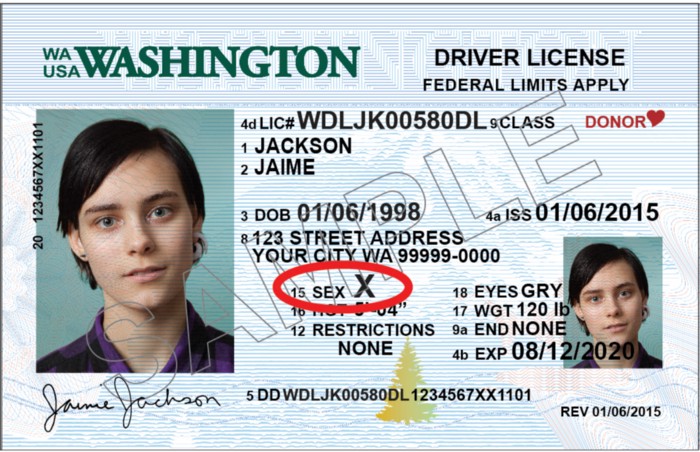Canadian province ordered to pay $50,000 to trans person who was refused an X on their birth certificate

The Manitoba government must now allow a gender neutral option for birth certificates (Twitter/@MBHumanRights)
The Canadian province of Manitoba has been ordered to pay $50,000 to a transgender person who was denied the right to have the gender marker on their birth certificate replaced with an “X”.
The Manitoba government has also been ordered to start offering non-binary sex designations on its birth certificates going forward.
The anonymous person, who is identified only as T.A., filed a complaint after their request was turned down in 2014. They were told that under provincial law they could only select male or female, and no other option was allowed.
But the independent Manitoba Human Rights Commission ruled that the government’s position was discriminatory and there is nothing under the law that would prevent a third designation from being offered.
“Gender identity is a part of our concept of selfhood,” stated adjudicator Daniel Manning in the ruling released on Tuesday.
“The practice to not allow non-binary designations of sex designation and only permit male or female designations was effectively the government refusing to acknowledge T.A.’s agency and personhood.”
He added: “The difficulties faced by trans and non-binary individuals in our society are many. Human rights tribunals have long recognised the disadvantages faced by trans people and non-binary individuals in society.”

A potential sample driver’s license from Washington, which recently announced plans to offer a gender-neutral option. (Department of Licensing)
The province was given 180 days to start offering non-binary sex designations on birth certificates and 60 days to pay the compensation to the transgender complainant.
Several other provinces already have the option to select a gender neutral marker on identity documents, including Ontario, Alberta, and Newfoundland Nova Scotia and Labrador.
In the US, 17 states allow people to select a gender-neutral “X” on their driving license, with Pennsylvania becoming one of the latest states to update its rules.
Amanda Arbour, executive director of the LGBT Center of Central Pennsylvania, explained the importance of gender-neutral ID cards.
“If a transgender person has a gender marker on their ID that doesn’t align with how they present to the world, then that can automatically out them and put them at greater risk for harassment, for violence, for mistreatment,” she said.

